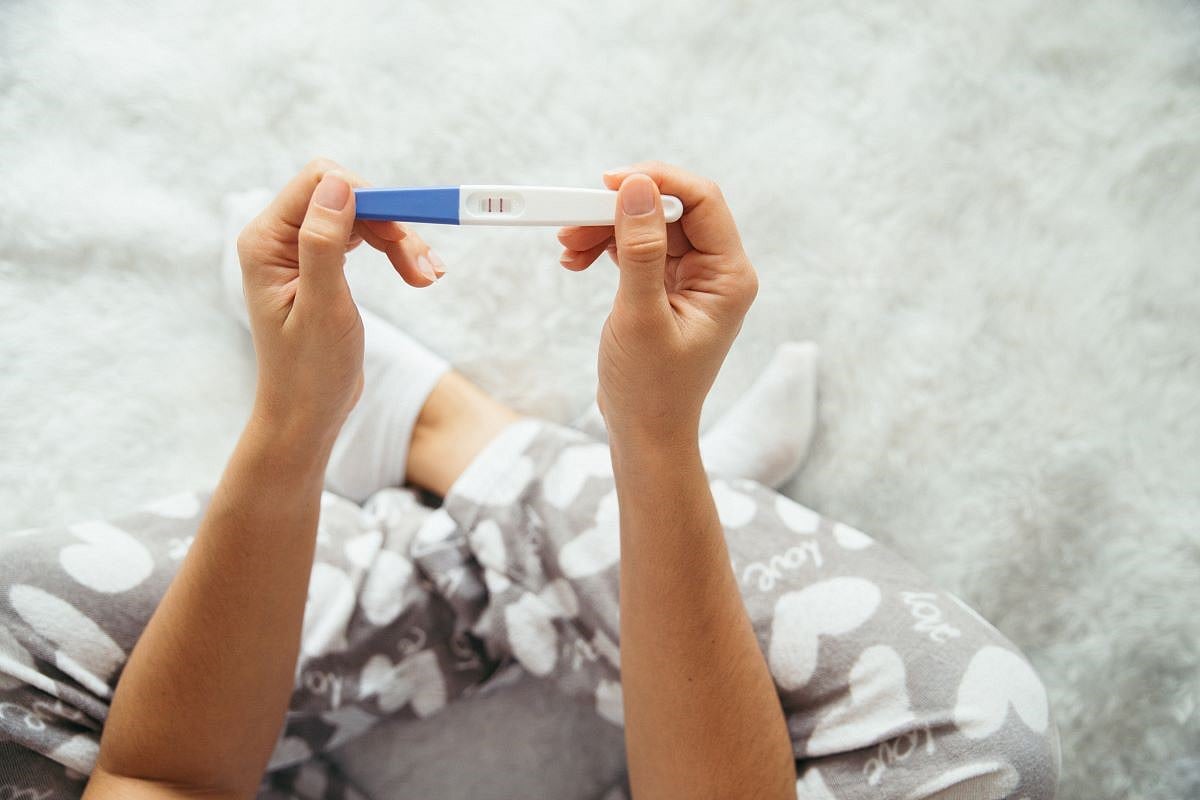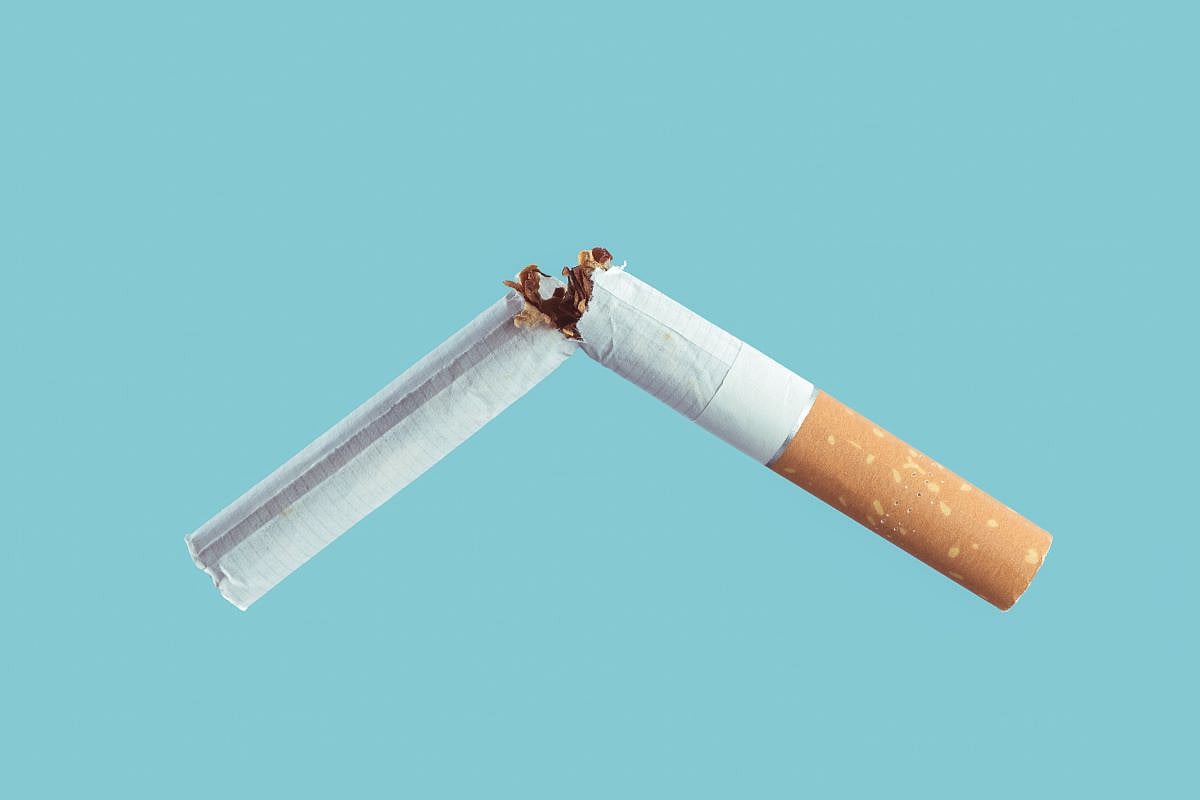Manténgase sano!
Mantenerse informado(a) promueve la buena salud. Manténgase al día con las últimas noticias médicas encontradas aquí.
30 Aug
Making Up for Lost Sleep on the Weekend May Lower Your Risk of Heart Disease
A new study finds sleep-deprived adults who get the most catch-up sleep on the weekend are 20% less likely to develop heart disease.
29 Aug
Having Diabetes Can Speed Up Brain Aging, New Study Finds
Both prediabetes and type 2 diabetes speed up brain aging, but living a healthy lifestyle offers protection, according to researchers.
28 Aug
Cholesterol Changes During Menopause May Explain Increase in Heart Disease
A new study finds women going through menopause experience an increase in “bad” cholesterol and a decrease in “good” cholesterol.
Everything You Need to Know About Insulin
Insulin can be a critical part of managing diabetes, but patients may not know all of the ins and outs of using the medication effectively.
Luckily, the American Diabetes Association (ADA) has plenty of information and tips on using insulin.
First, there are different types of insulin, depending on how fast they work, when they ...
- Robin Foster HealthDay Reporter
- |
- August 31, 2024
- |
- Página completa
Unexpected Medical Bill? Challenging It Often Brings Results, Study Finds
People who challenge an unexpected medical bill often get some form of financial relief, a new study says.
About 1 in 5 people say they’ve recently received a medical bill they disagreed with or couldn’t afford to pay, according to a survey published Aug. 30 in JAMA Health Forum.
Nearly 62% said they contacted a...
- Dennis Thompson HealthDay Reporter
- |
- August 30, 2024
- |
- Página completa
Ozempic, Wegovy Have Health Benefits Beyond Weight Loss, Studies Find
New trials are showing how the blockbuster diabetes and weight-loss meds Ozempic and Wegovy can boost health in even more ways.
These two injected drugs are versions of semaglutide. In multiple new data analyses, the drugs appeared to cut people's odds for heart failure and its complications, reduce deaths from COVID-19 and lower deaths fr...
- Ernie Mundell HealthDay Reporter
- |
- August 30, 2024
- |
- Página completa
Buying Smokes? Everyone Under 30 Now Must Show ID
A new, tougher rule on the sale of tobacco products will require retailers to check the IDs of any buyers under the age of 30, the U.S. Food and Drug Administration announced Thursday.
The final rule, which will go into effect Sept. 30, also restricts tobacco vending machine sales to spaces that are limited to people aged 21 and older...
- Robin Foster HealthDay Reporter
- |
- August 30, 2024
- |
- Página completa
School-Based Mindfulness Programs May Boost Kids' Mental Health
FRIDAY, August 30, 2024 (HealthDay News) — Teaching schoolkids to practice mindfulness can boost their mental health — and, maybe, even their grades.
That's the takeaway from a new review of more than three dozen research studies on school-based mindfulness interventions, such as seated or slow-walking meditation.
I...
- Carole Tanzer Miller HealthDay Reporter
- |
- August 30, 2024
- |
- Página completa
Depression Might Sometimes Be Early Sign of Alzheimer's Disease
In some people, new-onset depression may stem from the same buildup of toxic plaques in the brain that have long been linked to Alzheimer's disease, according to a new study.
"Our findings provide additional support for depressive symptoms as an early feature of preclinical Alzheimer's disease," wrote a team led by Catherine Munro. She's a...
- Ernie Mundell HealthDay Reporter
- |
- August 30, 2024
- |
- Página completa
Antibiotic Overuse in Nursing Homes Could Foster 'Superbugs'
Senior residential homes are breeding grounds for antibiotic-resistant bacteria, due to overprescription of antibiotics, a new study says.
Stool samples provided by Australian senior home residents contained bacteria with a wide range of genes linked to antibiotic resistance, researchers report in the Journal of Infection.
&...
- Dennis Thompson HealthDay Reporter
- |
- August 30, 2024
- |
- Página completa
New Medical Technology Lights Up Bacteria Hiding in Wounds
Fluorescent light can be used to highlight bacteria that hides in wounds, causing infections and slowing down the healing process, a new evidence review says.
A handheld fluorescent device can light up bacteria in 9 out of 10 wounds that traditional clinical treatment would overlook, according to a study in the journal Advances in Woun...
- Dennis Thompson HealthDay Reporter
- |
- August 30, 2024
- |
- Página completa
Traveling With a Loved One With Alzheimer's This Long Weekend? Experts Have Tips
People can create many special moments if they include a loved one with dementia in their end-of-summer Labor Day getaway.
However, they’ll need to take some special steps to make traveling as smooth as possible, according to the Alzheimer’s Foundation of America (AFA).
“One last summer trip on Labor Day weekend can...
- Dennis Thompson HealthDay Reporter
- |
- August 30, 2024
- |
- Página completa
Billions of the World's People Deficient in Essential Micronutrients
More than half of people around the world aren’t getting enough micronutrients essential to human health, including calcium, iron and vitamins C and E, a new study says.
These deficiencies are contributing to global malnutrition, as well as health problems like blindness, increased vulnerability to infections, and pregnancy complicat...
- Dennis Thompson HealthDay Reporter
- |
- August 30, 2024
- |
- Página completa
Rural Hospitals Especially Vulnerable to Ransomware Attacks
Rural hospitals – and their patients -- are particularly vulnerable to the aftershocks caused by ransomware attacks, a new study reports.
“Ransomware attacks are bad news for hospitals and patients no matter where they happen, but they’re especially harmful to rural hospitals and patients,” lead researcher Hannah Ne...
- Dennis Thompson HealthDay Reporter
- |
- August 30, 2024
- |
- Página completa
First Cluster of Cases of Human Bird Flu Detected at Colorado Poultry Facilities
THURSDAY, Aug. 29, 2024 (HeathDay News) -- The first known U.S. cluster of cases of bird flu in humans has been recorded at two poultry facilities in Colorado, the Centers for Disease Control and Prevention (CDC) reported Thursday.
The nine infected workers experienced mild symptoms only, and all were infected through close contact with si...
- Ernie Mundell HealthDay Reporter
- |
- August 29, 2024
- |
- Página completa
Another Unwanted Gift From Climate Change: More Salmonella
Climate change will increase people’s risk of salmonella poisoning from contaminated food, a new study warns.
Increased humidity will make it more likely that leafy greens like lettuce will suffer from bacterial diseases, such as leaf spot, researchers reported Aug. 29 in the journal Applied and Environmental Microbiology.
- Dennis Thompson HealthDay Reporter
- |
- August 29, 2024
- |
- Página completa
Five More Deaths in Listeria Outbreak Tied to Boar's Head Deli Meats
The death toll from listeria linked to tainted Boar's Head deli meats has risen to eight, with five more fatalities reported Wednesday by the Centers for Disease Control and Prevention.
Deaths have now occurred in Florida, Illinois, New Jersey, New Mexico, South Carolina, Tennessee and Virginia.
Cases of bacterial illness tied to the...
- Robin Foster HealthDay Reporter
- |
- August 29, 2024
- |
- Página completa
Weekend Catch-Up Sleep Could Do Your Heart Good
Like to sleep in on the weekends?
You’re probably doing your heart a world of good, a new study shows.
Weekend “catch-up” sleep can lower a person’s risk of heart disease by up to 20%, according to findings to be presented Thursday at the European Society of Cardiology’s annual meeting in London.
&...
- Dennis Thompson HealthDay Reporter
- |
- August 29, 2024
- |
- Página completa
Why Breast Feeding May Be Even Healthier for Heavier New Moms
Breastfeeding helps women shed those extra pounds of "pregnancy weight," a new study finds, and the effect is even more pronounced for moms who were overweight before their pregnancy.
Among women who exclusively breastfed their baby during its first year, women who were normal weight prior to pregnancy lost weight, but still retained abou...
- Ernie Mundell HealthDay Reporter
- |
- August 29, 2024
- |
- Página completa
Experts Warn of Unsafe Fake Children's Car Seats Sold Online
Jillian Davis was pleased to be gifted a car seat during her pregnancy, from a family member who bought it online from a major retailer.
But following the delivery of her daughter in late June, a car seat tech at her Salt Lake City hospital informed her that the seat was an unsafe counterfeit.
“It’s completely shocking be...
- Dennis Thompson HealthDay Reporter
- |
- August 29, 2024
- |
- Página completa
Migraine Drug Ubrelvy May Stop Headaches Before They Start
A migraine drug can help stop the devastating headaches in their tracks, allowing sufferers to go about their daily lives with little to no symptoms, a new clinical trial has found.
People who took ubrogepant (Ubrelvy) were 73% more likely to say they had no disability and were able to function normally within a couple of hours, compared t...
- Dennis Thompson HealthDay Reporter
- |
- August 29, 2024
- |
- Página completa
Pregnancy After 'Tubes Tied' Sterilization Is More Common Than Thought
Women are becoming pregnant after having their tubes tied, even though the procedure is considered a “permanent” form of birth control, a new study warns.
Between 3% and 5% of U.S. women who underwent tubal ligation later reported an unplanned pregnancy, according to findings published Aug. 27 in the journal NEJM Evidence
- Dennis Thompson HealthDay Reporter
- |
- August 29, 2024
- |
- Página completa
Just Cutting Down on Smoking Won't Help Your Heart, Study Finds
Smokers who quit the habit soon after being diagnosed with heart disease saw their odds for heart attack or death drop by almost half over the next five years, a new report found.
However, those who simply cut back on their smoking saw no risk reduction at all, the same study showed.
“I like to tell my patients that it is never...
- Ernie Mundell HealthDay Reporter
- |
- August 29, 2024
- |
- Página completa




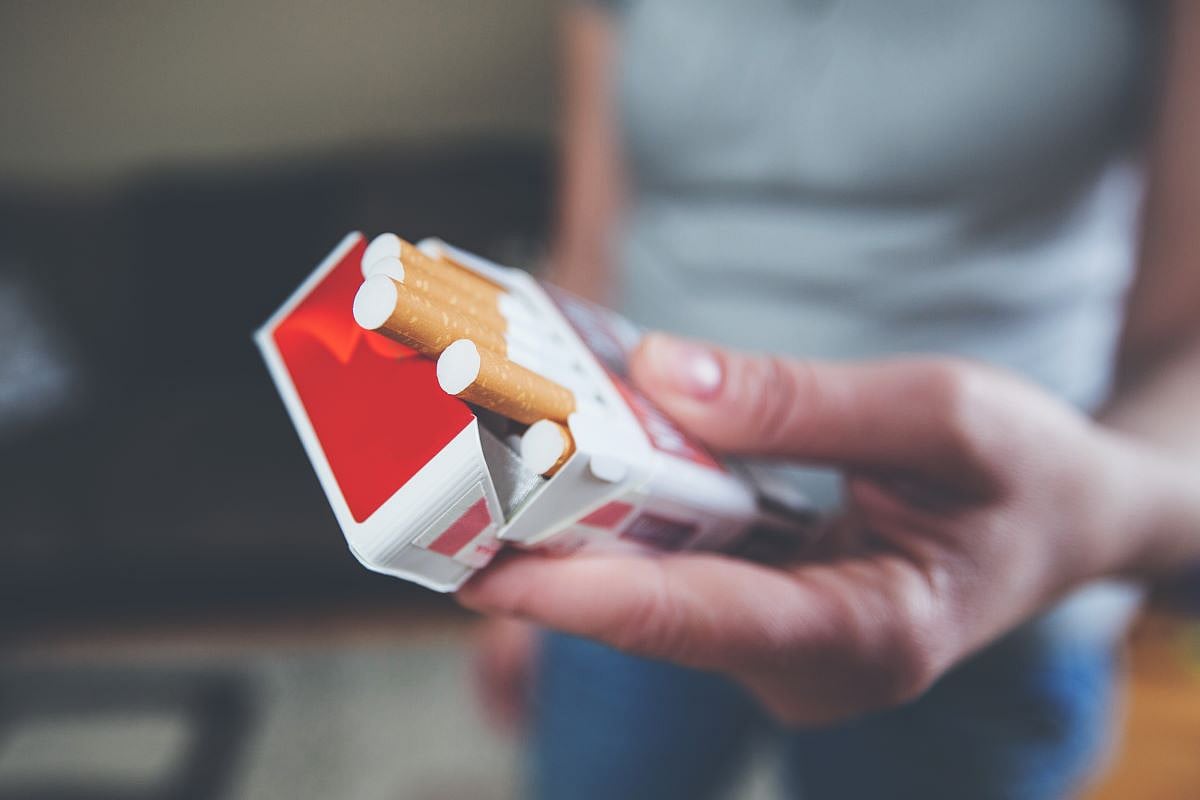
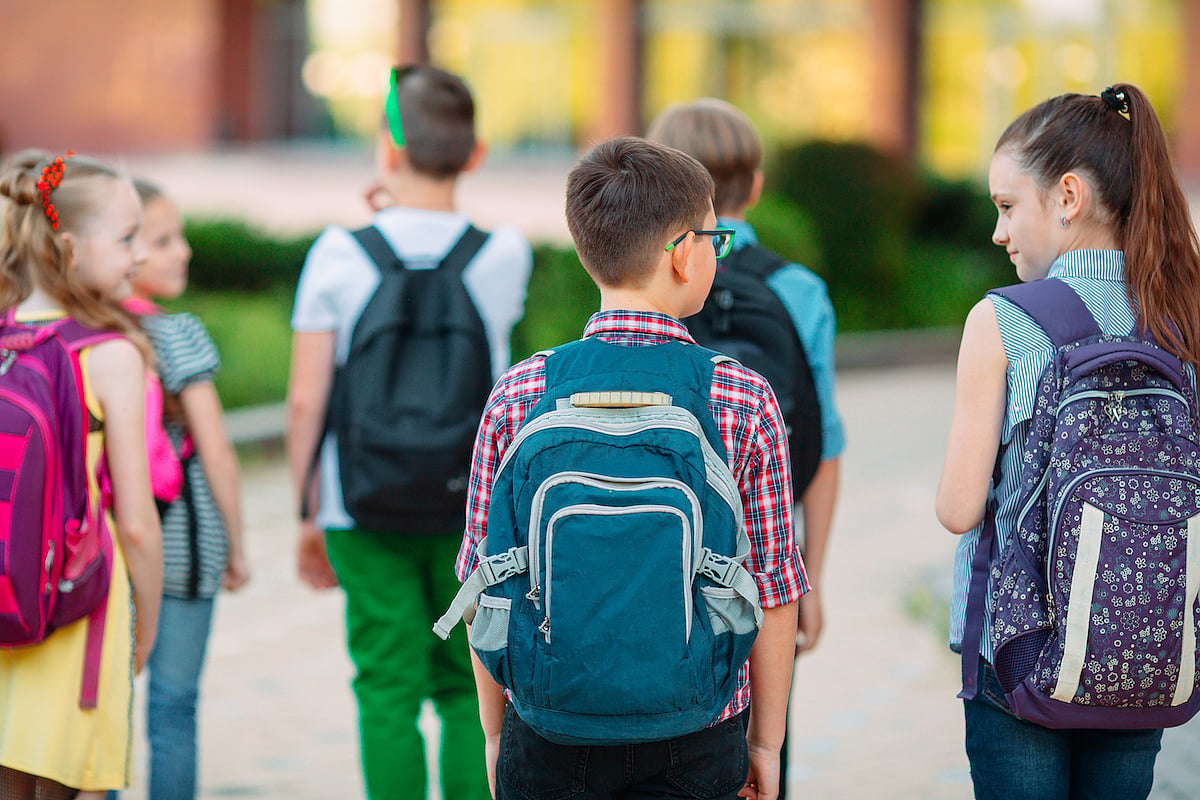
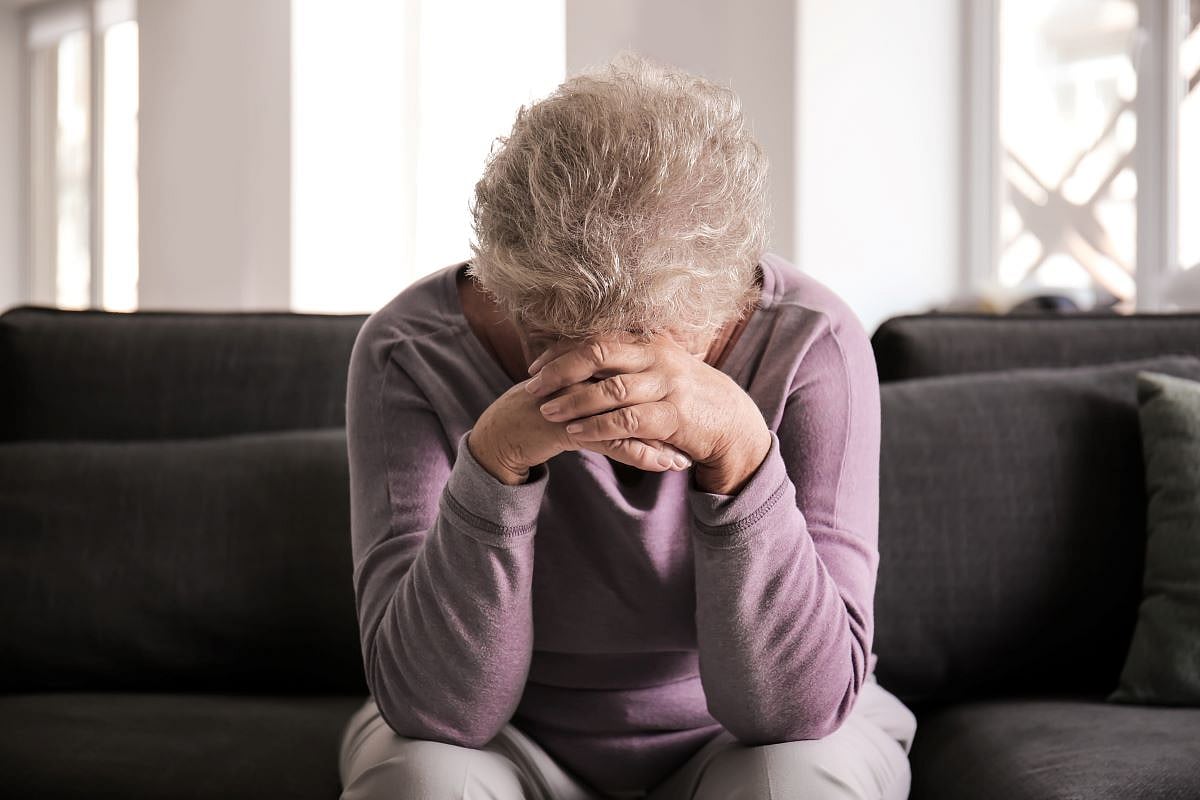
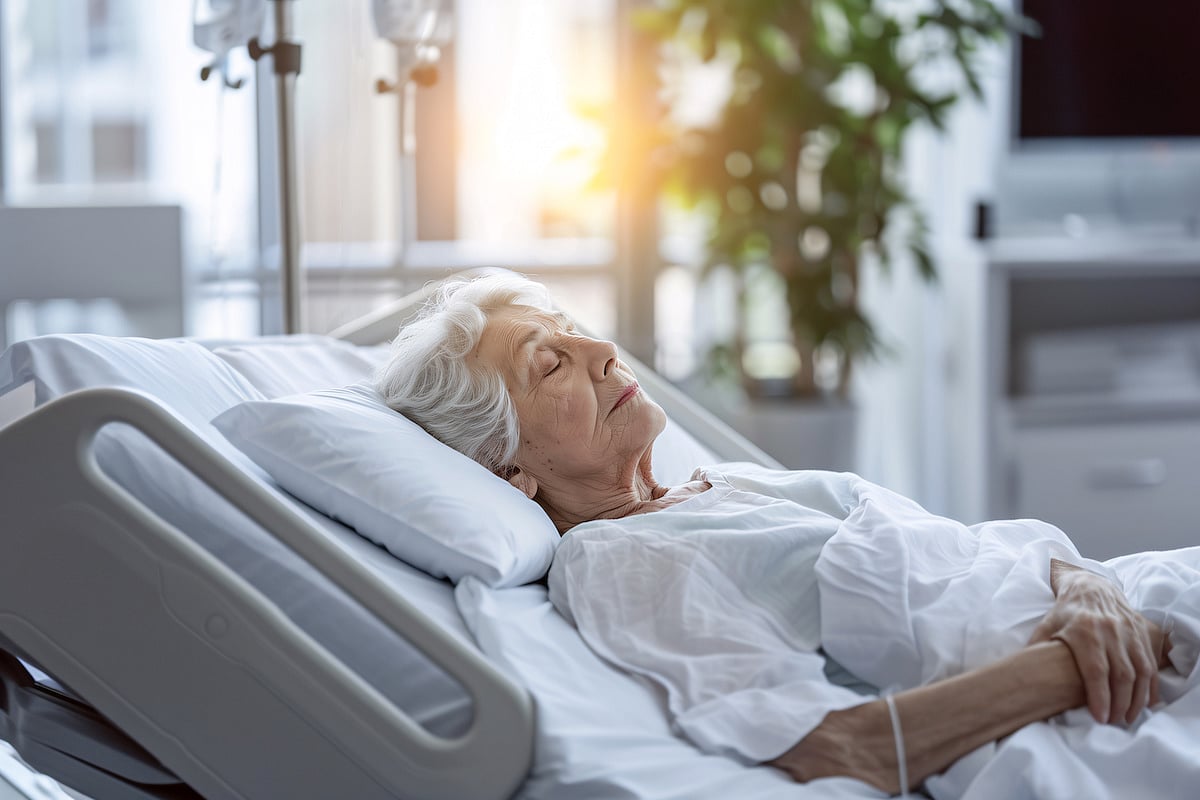



.jpg?w=1920&h=1080&mode=crop&crop=focalpoint)
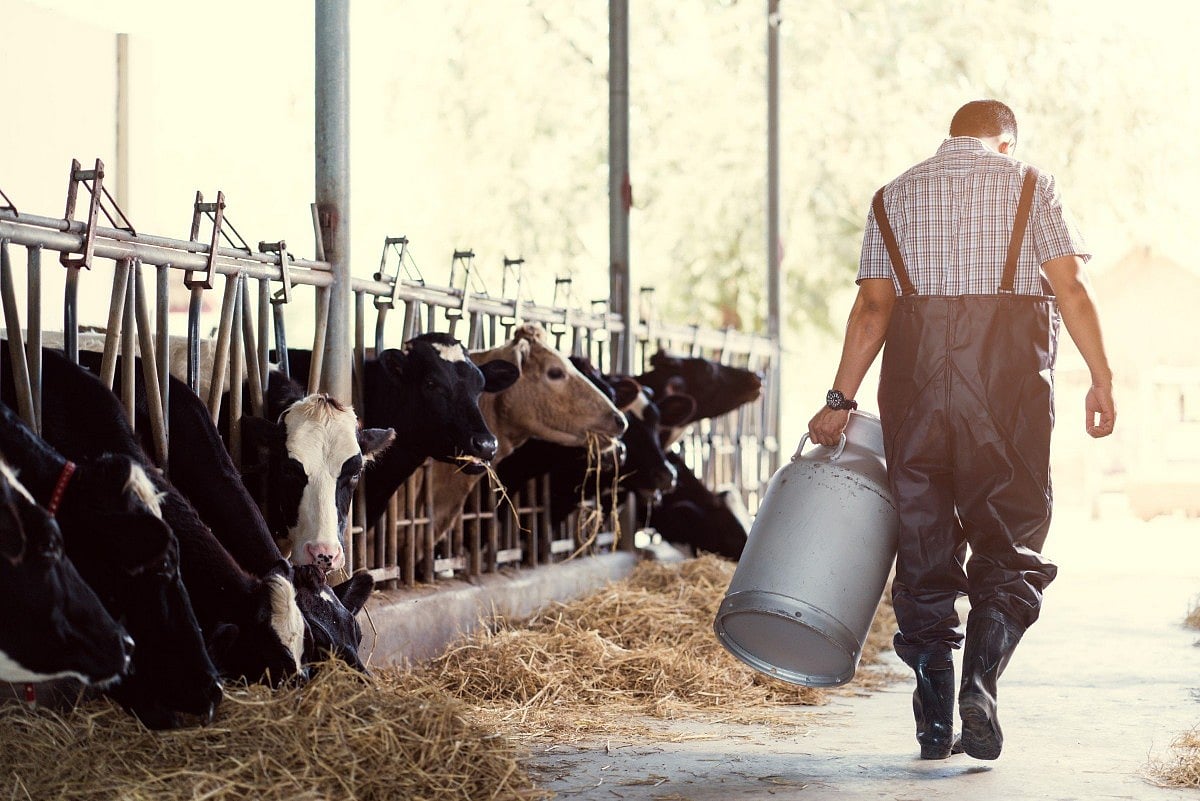


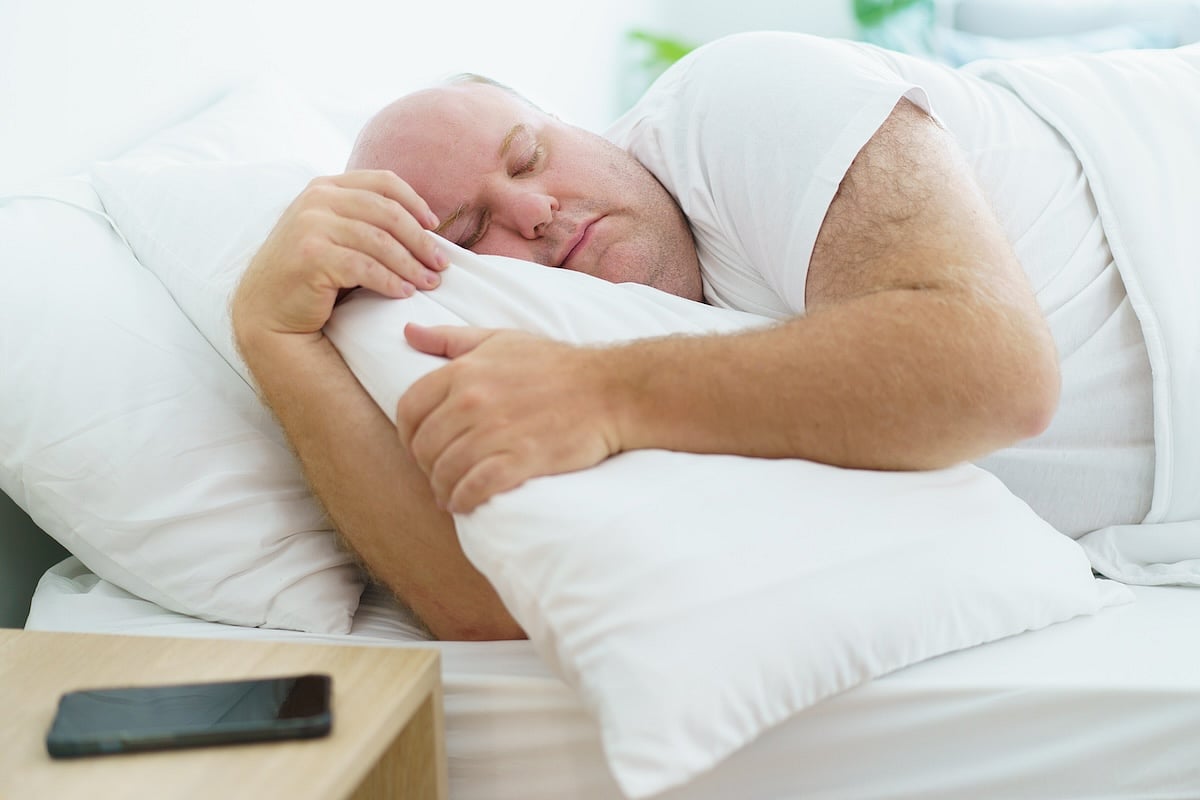
.jpg?w=1920&h=1080&mode=crop&crop=focalpoint)


